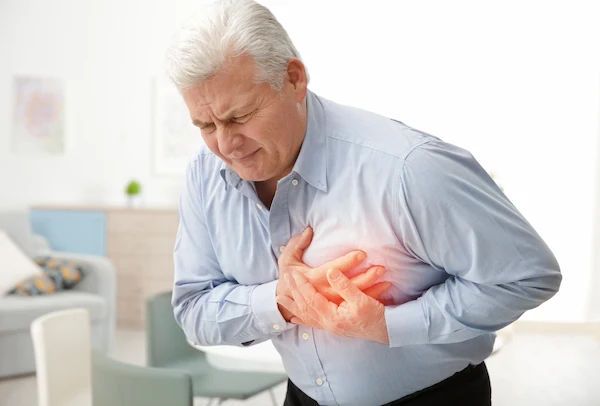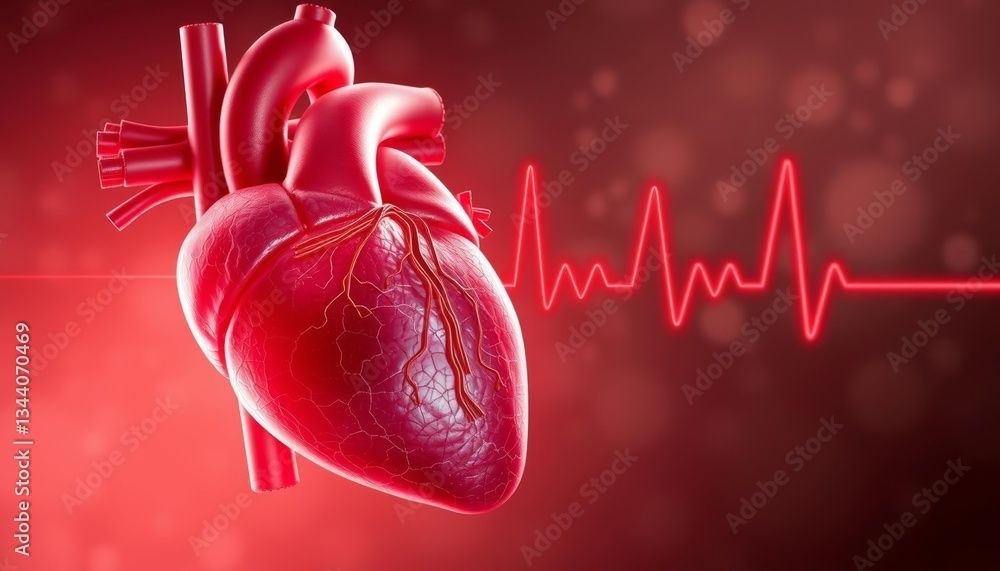- male
- 20 Years
- 22/01/2025
I've been having chest pain for a couple of days now, and it's pretty constant, especially when I'm just sitting or lying down. Plus, sometimes I get this pain in my shoulder and neck, and even occasionally a stomach ache. I'm 20, I don't smoke or drink, and I'm not overweight. Could this be something serious like a heart attack or angina? I'm kinda worried and not sure what to do.
Answered by 1 Apollo Doctors
Based on your symptoms and age, it is less likely to be a heart attack or angina. However, chest pain should never be ignored. It is important to rule out any serious conditions. You may be experiencing musculoskeletal pain or acid reflux. I recommend taking over-the-counter antacids like Tums for stomach ache and trying ibuprofen for pain relief. If the symptoms persist or worsen, please consult a healthcare professional for further evaluation and management.
Dr. Dhankecha Suggests...
Consult a Cardiologist
Answered 04/07/2025
0
0

More Cardiology Health Queries
View allI'm 33 and have been dealing with high blood pressure for about a decade. I've been taking medication for it, initially just Nebicard 5 mg, but after 12 years, my doctor switched me to Covamlo. However, recently due to some family stress, my blood pressure has spiked, and my doctor prescribed me two tablets. I'm really worried about this change. Is this normal, and should I be concerned about having to take more medication?
The medication prescribed to you for high blood pressure is a combination of drugs called Covamlo. The brand name for this combination is Co-Diovan. You have been prescribed 2 tablets, so please take them as directed by your doctor. This combination medication contains Valsartan 160mg and Hydrochlorothiazide 12.5mg. Taking your medication regularly and managing stress through relaxation techniques can help control your blood pressure.
Answered by 1 Apollo Doctors
I'm experiencing some discomfort in my left arm and around my chest. I had a TMT done recently and the results came back negative, but I'm still feeling the pain. Can you help me understand what's going on?
The pain in your left arm and chest could be due to musculoskeletal issues or nerve compression. To help relieve the pain, you can take Acetaminophen 500mg every 4-6 hours as needed for pain. Additionally, applying a topical pain relief gel like Volini gel on the affected areas can also provide relief. Make sure to rest the affected arm and chest, and avoid any activities that worsen the pain. If the pain persists or worsens, consult your doctor for further evaluation and management.
Answered by 1 Apollo Doctors
I've been having this brief but really intense pain right in the middle of my chest, and it only lasts for a second. It kind of feels like something's bursting in there, and it happens when I'm just resting. It's pretty scary and I'm not sure what I should do. Any thoughts?
It sounds like you may be experiencing a condition known as angina, which is chest pain or discomfort caused by reduced blood flow to your heart muscle. It is important to seek medical attention immediately to rule out any serious underlying heart conditions. I recommend taking a low dose of aspirin (75-150mg) immediately, as it can help reduce the risk of heart attack. Additionally, you should take a sublingual nitroglycerin tablet to help relieve the chest pain. It is important to rest and avoid any strenuous activity until you can see a healthcare professional for further evaluation and treatment.
Answered by 1 Apollo Doctors
Disclaimer: Answers on Apollo 247 are not intended to replace your doctor advice. Always seek help of a professional doctor in case of an medical emergency or ailment.

_0.webp)



